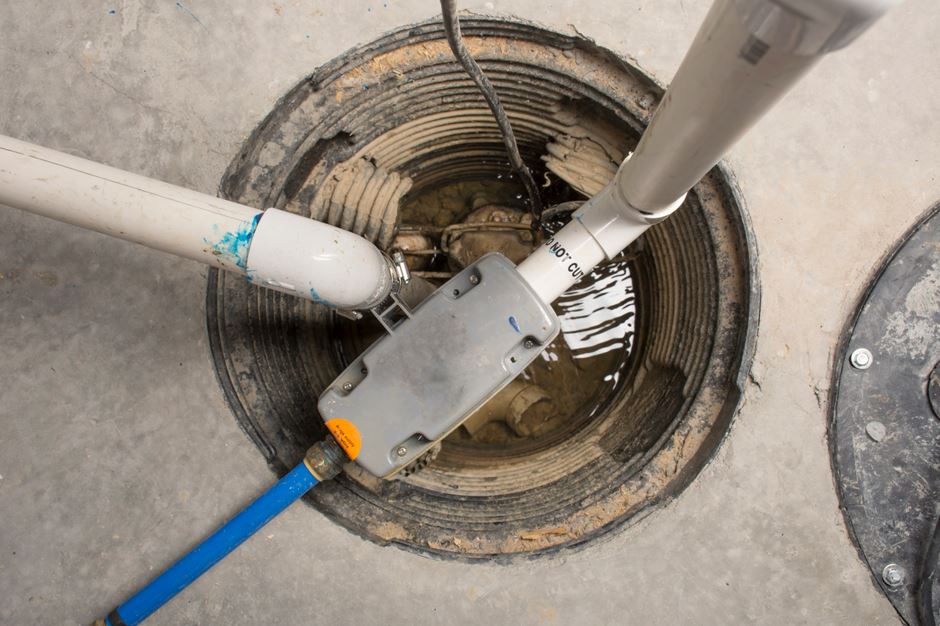Dealing with sewer backup is a plumbing problem homeowners might face at some point. When it strikes, it can suddenly wreak havoc on a home and leave homeowners stunned at what to do. Naturally, the first thought will be to look up plumbers to fix it immediately. However, what can a homeowner do when it happens? See what you can do as a homeowner about your sewer backup as you await help from a professional plumber!
How Sewer Backs Up
Sewer backup might seem like they come out of the blue. On the contrary, one of the various culprits behind a sewer backup in your home comes from plumbing blockages. You might be asking yourself: “what kind of blockages would cause a sewer backup?” Commonly, it can come from people failing to properly dispose of oil, grease, or fat, which builds up in the pipes. The kitchen sink isn’t the only plumbing fixture to potentially cause a sewer backup – your toilet can do so too! Flushing down feminine hygiene products, paper towels, or moist wipes can do a number on your plumbing and, in turn, cause a sewer backup.
However, not all sewer backups can come from inside your home. They can also come from outside it. Any tree roots growing around or into your pipes can cause it. Alternatively, a severe rainstorm can cause a sewer backup in the city’s sewage and affect your home’s plumbing. And lastly, older sewer lines can contribute to a sewer since they’re no longer working as they should. However, ultimately, it means you need to effectively deal with it by finding plumbers who can handle whatever reason for the backup and fix it appropriately.
How to Take Action Against Sewer Backup
Before you do anything, the first course of action you should take is to find a plumbing company. You don’t want to delay calling a plumber because, depending on the severity of the sewer backup, it can have a negative impact on your home. Make sure you call plumbers who have dealt with various types of sewer backup, so you can rest assured they can handle it without a hitch.
You might feel uncertain about what to do until a plumber comes about your sewer backup. After all, not all sewer backups look the same. Sewer backups can be classified as either one that goes down a toilet since it goes down a sewer drain as sewage. Alternatively, it can come from externally, such as a storm sewer. Knowing these clear differences in sewage is good for understanding how to handle the backup better.
As a sewer backup, your home might have liquid waste in your home. Liquid waste is known as effluent to plumbers, which many warn about when they come to work on your sewer backup. Effluent is a risk to you and anyone else health since it can make you sick. Those who are most at risk from effluent are the elderly and children. In this case, you must ensure they aren’t around the sewer backup location and stay somewhere else until it’s fixed.
It’s generally recommended to steer clear from the backup because of the effluent. However, if you must be in the area, you must protect yourself. For instance, you will want to wear rubber boots for a sewer backup in a basement. Keep in mind the electricity. You don’t want to enter liquid when it’s energized, which is potentially dangerous. Ensure you trip the breaker panel before entering the room for your safety.
Afterwards, when the backup is fixed, there are a few things you need to do. Firstly, to avoid any water damage, you want to ensure anything wet dries off completely. Also, you want to ensure the air in your home is free from the sewer smell. Best to open up your windows to let it out or use a floor fan. Clean-up is never great -especially for a sewer backup. However, it’s instrumental to ensuring your home’s structure is still okay and for your health.
Dealing with a sewer backup is never great, no matter what kind. For the most part, the best thing to do when it occurs is to call a plumber. As a homeowner, the closest thing you can do is to ensure you’re navigating a sewer backup properly and taking the necessary measures to safeguard your health and safety and others in your household.

